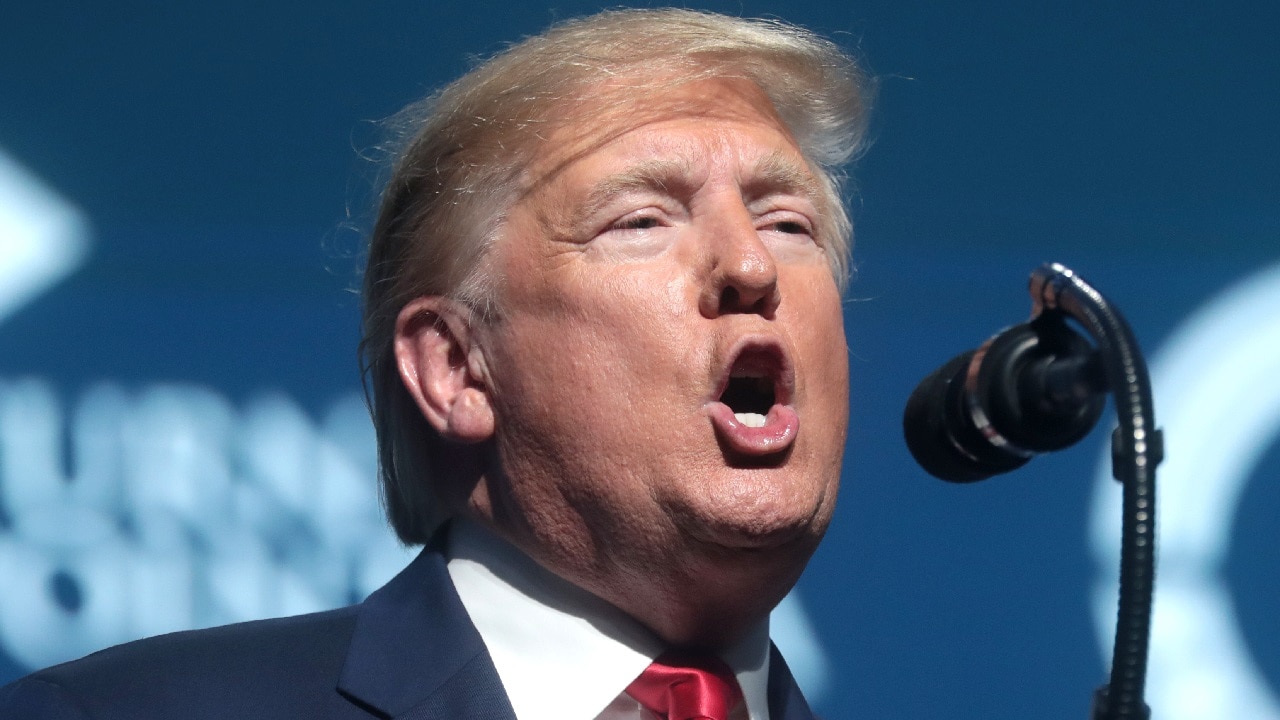Could Trump Wiggle Off the Hook? The recent accusations against former President Donald Trump, in which he was indicted and arraigned for 34 felony counts for actions relating to hush money paid to an adult video star and a Playboy model, are relatively weak and may not stand up in court. While at first blush, the charges appear serious, they may not survive further judicial scrutiny, even though the accused feels the judge in the case is a “Trump hater.”
(Subscribe to 19FortyFive‘s New YouTube Channel here.)
Donald Trump: Statute of Limitations Could Come Into Play
The first aspect of the case that stands out is the potential violation of the statute of limitations because the actions in question happened over six years ago. In New York, the statute of limitations is five years for a felony, although that can be extended in some cases because Trump did not live in New York continuously during that time. But his legal team is likely to file their first motion to dismiss based on the charges eclipsing the statute of limitations.
What Are the Specifics?
Another weakness is that the indictments are overly broad and general. One of Trump’s attorneys, Joe Tacopina, told Fox News “What really wasn’t expected is that they were going to hand down an indictment without specifying what these alleged underlying crimes were. It’s shocking to me that a state prosecutor would try and prosecute something as thin as this.”
Are These Charges Felonies?
Plus, the indictment is not clear on one of the most important aspects of whether the charges should be felonies instead of misdemeanors. The law Trump allegedly broke, is a misdemeanor based on falsifying business records, but it can be considered a felony if it is associated with another crime. The Wall Street Journal wrote an editorial skeptical of whether the second crime was committed.
“Where is the second crime?” The Journal asked. The district attorney Alvin Bragg “owes the public a better explanation of his theory of the case. His unclear and evasive reply Tuesday isn’t helping his cause.”
Trump could also make the legal defense that he was trying to keep the extramarital affairs private so his wife would not find out and that he had no criminal intent to defraud or break any laws. Bragg, alternatively, wants to show that the misdemeanors were made to cover up a more serious crime.
Bragg is trying to say that Trump falsified records and this led to him violating New York election law “which makes it a crime to conspire to promote a candidacy by unlawful means.” The problem with that accusation is that it is not in the indictment. This was a quote from Bragg after he made a statement after the arraignment. That means that Trump could potentially only be prosecuted for misdemeanors.
Could Trump Walk with Only Misdemeanor Convictions?
Vox writer Ian Millhiser pointed out that “there is a serious risk that a New York judge will toss out the charges against Trump on technical legal grounds unrelated to the former president’s actual conduct.”
Thus, since the indictment is unclear on the second crime, and if convicted based on this statute, Trump could appeal it to the Supreme Court.
This case could then be drawn out for months, if not years. There is a possibility that Trump could win the White House before he goes to trial, or if convicted, he would not have to face criminal penalties until far into the future.
Author Expertise and Experience
Serving as 19FortyFive’s Defense and National Security Editor, Dr. Brent M. Eastwood is the author of Humans, Machines, and Data: Future Trends in Warfare. He is an Emerging Threats expert and former U.S. Army Infantry officer. You can follow him on Twitter @BMEastwood. He holds a Ph.D. in Political Science and Foreign Policy/ International Relations.

